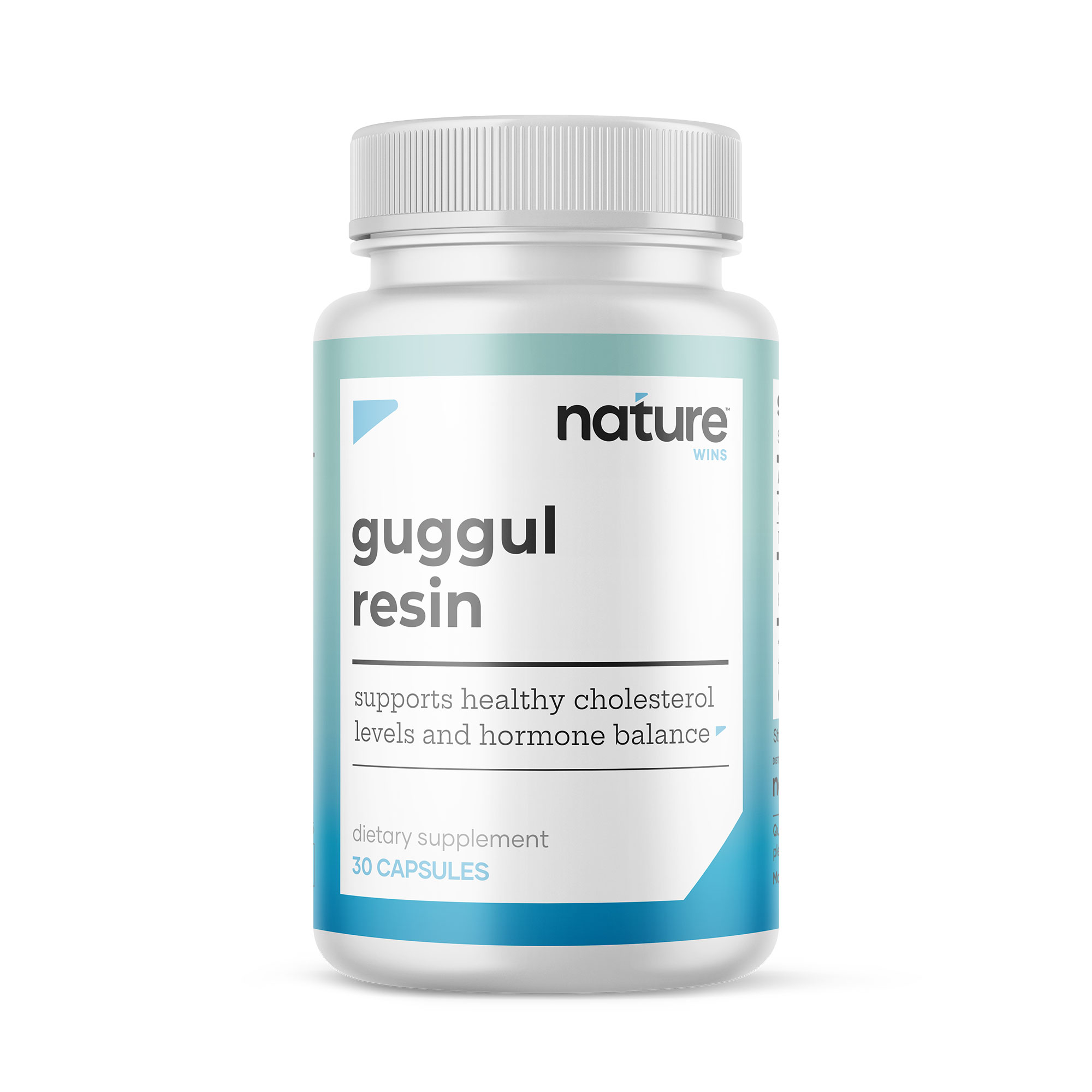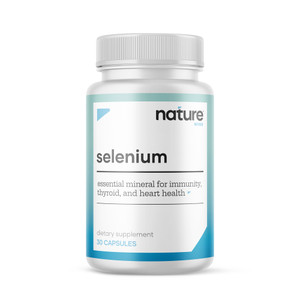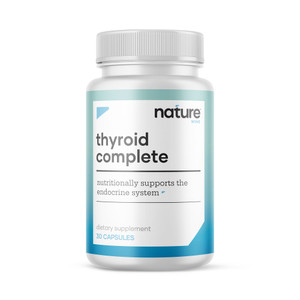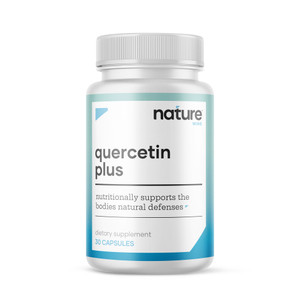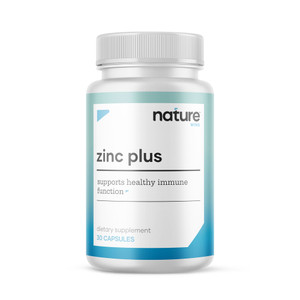#1 Guggul has many Cholesterol and Cardiovascular benefits
https://onlinelibrary.wiley.com/doi/epdf/10.1111/j.1527-3466.2007.00023.x
- Guggulsterone, 25 mg/kg p.o., lowered serum cholesterol and triglycerides by 27% and 30%, respectively, after a treatment period as short as 10 days (Singh et al. 1990). In parallel with the decrease in cholesterol and triglycerides, low-density lipoprotein (LDL) binding to hepatic cell membranes was significantly increased
- In triton-fed rats guggulsterone, at a dose of 50 mg/kg p.o., significantly decreased serum lipids. In cholesterol-fed rats guggulsterone, at a dose of 5 mg/kg p.o. for 30 days, decreased lipids, LDL, and very low-density lipoprotein (VLDL) levels. In addition, it was found that guggulsterone treatment increased lipolytic enzyme activity as well as receptor-mediated catabolism of LDL
- Hypolipidemic effect of guggulsterone was also demonstrated in a mouse model. In one study, mice were fed a high fat diet containing 2% cholesterol to raise their cholesterol levels. One group of mice received guggulsterone at a dose of 100 mg/kg p.o. for 7 days, whereas the other group was treated with vehicle. Mice receiving guggulsterone showed significantly decreased hepatic cholesterol levels in comparison with the control mice that received the cholesterol-containing diet only
- Guggul extracts at a dose of 500 mg three times a day for 4 weeks significantly reduced both total cholesterol and triglycerides levels. Another study enrolled 85 patients with hyperlipidemia. Fraction "A" at a dose of 500 mg three times daily for 12 weeks significantly decreased total cholesterol levels in comparison with baseline levels. In the third study with 40 patients, gum guggul at 4.5 g daily for 16 weeks significantly decreased total cholesterol and triglyceride levels when compared with the baseline levels
- Guggul and gugulipid have a long history in the treatment of cardiovascular diseases including hypercholesterolemia and atherosclerosis.
#2 Guggul is well proven against different inflammatory diseases such as rheumatoid arthritis, & inflammatory bowel disease (IBD)
https://onlinelibrary.wiley.com/doi/epdf/10.1111/j.1527-3466.2007.00023.x
- Treatment with Guggulsterone (GS) downregulated RANKL induced osteoclastogenesis and blocked IL-1beta mediated production of chemokines and epithelial neutrophil activating peptide-78 (ENA-78), MMP-1,-3 via suppression of NF-κB, nuclear p50, and p65 subunit and IκBα degradation in rheumatoid arthritis
-
In case of rheumatoid arthritis, treatment with Guggul decreased the thickness of joint swelling, reduced the infiltration of leucocytes into the pleural cavity, suppressed the pro-inflammatory cytokines and increased beta-glucuronidase activity in vivo
-
Study on inflammatory bowel disease (IBD) showed that Guggulsterone (GS) inhibited IL-1beta- or lipopolysaccharide (LPS)- induced ICAM-1 expression, NF-κB transcription activity and IκB phosphorylation/degradation in human Caco-2 cells and rat non-transformed IEC-18 cells
- Guggul reduced the severity of inflammatory bowel disease (IBD) via inhibition of LPS- or IL-1beta-induced ICAM-1 gene expression and NF-κB activity
#3 Guggul helps with obesity management
https://pmc.ncbi.nlm.nih.gov/articles/PMC7329718/
- (HFO)-02 consists of Triphala, Trimad, Guggul and Vrikshamla
- Tablet HFO-02 (500 mg) was administered to these individuals twice daily for 90 days, during which they were called at study site fortnightly. After stopping the treatment, they were further followed up for 30 days off-medication and the last follow up was scheduled on day 120
- A significant decrease in the body circumference and skin fold was demonstrated. This decrease was maintained till day 120. The levels of all biochemical parameters were maintained and no adverse events were reported throughout the study. HFO-02 proved to be a safe therapeutic agent and effectively decreased the anthropometric parameters like body circumferences and skinfold thickness in overweight individuals.
#4 Guggul reduces Diabetes
https://www.sciencedirect.com/science/article/pii/S0278691509003524#aep-section-id49
- Guggulsterone has immense potential for the treatment of diabetes not only as a hypolipidemic agent but also by its ability to act directly on different critical nodes of carbohydrate and lipid metabolic pathways. One of the most interesting features of this molecule is that it inhibited the differentiation of 3T3-L1 preadipocytes unlike any potent PPARγ agonist. This unique feature of Guggulsterone as PPARγ ligand suggested that the mechanisms underlying the increased insulin sensitivity and adipogenicity may be separate.
- Reduced blood cholesterol and TG levels can also provide a possible explanation for the increased insulin sensitivity and improved peripheral glucose clearance during OGTT
- The obtained results give us an idea that this phytochemical could be probably utilized for the development of novel drugs having multiple potentialities for cure and management of type II diabetes
#5 Guggul inhibits tissue factor and arterial thrombosis
https://link.springer.com/article/10.1007/s00395-008-0757-5
- The phytosterol guggulsterone is a potent anti-inflammatory mediator with less side effects than classic steroids
- Guggulsterone inhibited TNF-α-induced endothelial TF protein expression and surface activity in a concentration-dependent manner; in contrast, dexamethasone did not affect TNF-α-induced TF expression
- Guggulsterone enhanced endothelial tissue factor pathway inhibitor and impaired plasminogen activator inhibitor-1 as well as vascular cell adhesion molecule-1 protein. Real-time polymerase chain reaction revealed that Guggulsterone inhibited TNF-α-induced TF mRNA expression; moreover, it impaired activation of the MAP kinases JNK and p38, while that of ERK remained unaffected
- In vivo, Guggulsterone inhibited TF activity and photochemical injury induced thrombotic occlusion of mouse carotid artery. Guggulsterone also inhibited TF expression, proliferation, and migration of vascular smooth muscle cells in a concentration-dependent manner.
#6 Guggul benefits the remission of Crohn's disease
https://pubmed.ncbi.nlm.nih.gov/20848527/
- 108 outpatients with Crohn's disease in clinical remission were included. Patients were randomized to Boswelan (3×2 capsules/day; 400 mg each) or placebo for 52 weeks.
- Sixty-six patients could be analyzed for efficacy. 59.9% of the actively treated patients and 55.3% of the placebo group stayed in remission (P=0.85). The mean time to diagnosis of relapse was 171 days for the active group and 185 days for the placebo group (P=0.69). With respect to Crohn's Disease Activity Index (CDAI)
- IBD Questionnaire (IBDQ) scores, and laboratory measurements of inflammation, no advantages in favor of active treatment were detected.
- The trial confirmed good tolerability of a new Boswellia serrata extract, Boswelan, in long-term treatment of Crohn's disease
#7 Guggul Helps Resolve Hemorrhoids
https://pmc.ncbi.nlm.nih.gov/articles/PMC3793341/
- This trial was carried out on 99 patients with hemorrhoids, They randomly received Commiphora Mukul (CM) resin 3 g/d for 4 weeks (as study group) or LandA (Lactolose syrup in laxative dose for 1 month and anti-hemorrhoid suppository daily for 10 days) as control group.
- After 4 weeks, flatulence, dyspepsia, GER, and colonoscopic grading scores significantly decreased in study group, whereas in control group constipation, painful defecation, and proctorrhagia showed better but not significant improvement. After 4-weak follow-up, the rate of constipation, and proctorrhagia also showed significantly improvement in study group. Constipation and proctorrhagia in control group recurred significantly in 4-week follow-up than after the treatment, whereas this recurrence in test group was not seen.
- Commiphora Mukul (CM) resin was more effective than LandA in 4-week treatment of patients with uncomplicated hemorrhoids grade 1 and 2.





